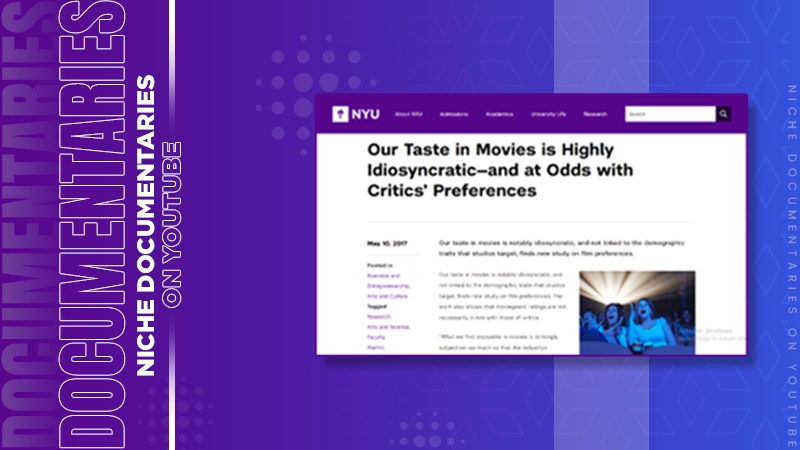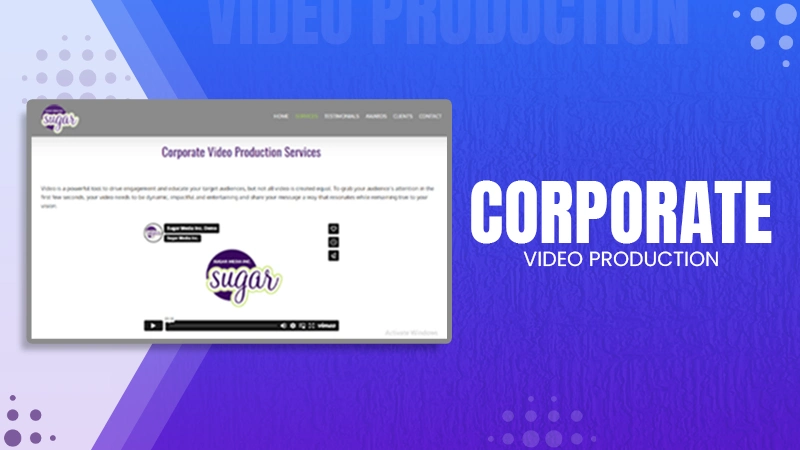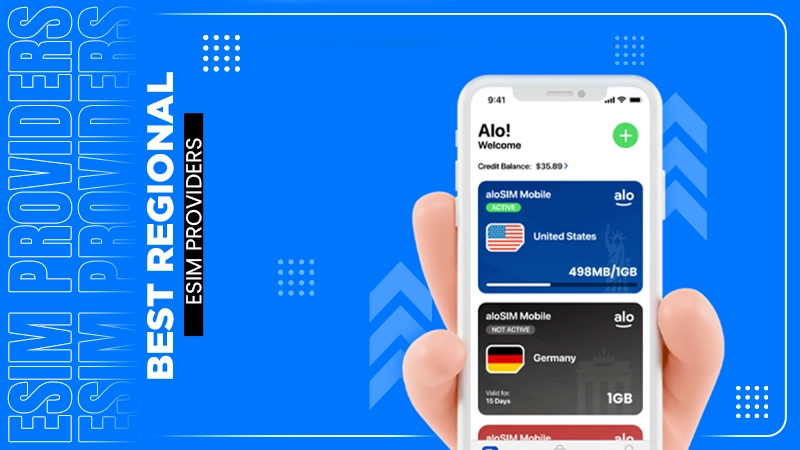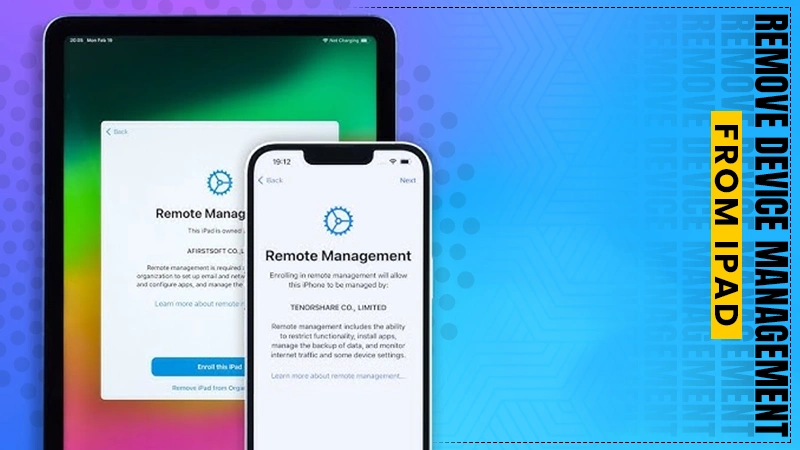How Far Back Do Background Checks Go — An In-Depth Guide
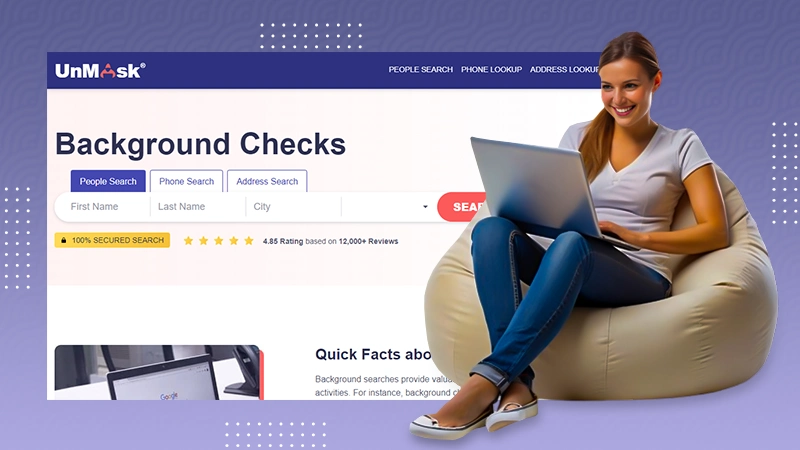
To protect businesses from negative hiring, the process of background checks has become paramount. Considering resume manipulation, background checks ensure the credibility and reliability of the potential employees. However, there are a variety of checks done, which can vary on the requirements and demands of different businesses.
To find out all the relevant checks and documents, read this article to discover how far back background checks go to opt for the right candidate.
Let’s get started!
Background Checks: Types and Timeframes
Before delving into the types of background checks, let us first understand what exactly background checks refer to. To your notice, background checks refer to the process that a company conducts to verify their selected candidates’ or employees’ identity by evaluating their past records and experiences. Considering the time frame, these can go by far, ranging between 3 years to 7 years (and more in a few cases) of the person’s identity.
These checks include arrest records, criminal activities, court proceedings and more. Check out some of the common checks that almost every company undergoes in the hiring process.
Criminal Background Checks
Criminal background checks refer to analysing the publicly available record to determine the selected candidates’ past criminal activities and involvement histories, if any. The main agenda behind conducting the tests is to keep your business and another employee safe from fraud. Therefore, the types of criminal background checks include undergoing the below-mentioned databases:
- National Criminal Database
- National and Global Terror Records
- Sex Offender Complaints and Registries
- State Level Criminal Recordings and more.
Hence, all these serve as a full database to verify the candidate’s activities and make an informed decision depending on the investigation outcomes. Alongside, the time frame varies depending upon the state rules and regulations.
Employment History Verification
Another one on the list is employment history verification, which refers to examining the previous working history and records of the candidate’s employment. However, there is no precise time frame (commonly 7 years) to evaluate the employment history, it completely depends on the company policy and regulations. This check includes verifying some important documents:
- Proof of Employment letters
- Company offer letters
- Salary Slips
- Contact details of the previous office employee (preferably one) and more.
By analysing the above-mentioned documents, the concerned authorities draw the final conclusion of whether the quoted experience is justifiable, whether it is beneficial to hire the employee or not and more.
Education Verification
To pass off the eligibility criteria, the candidates make some exaggerated manipulations in the resume’s education details section. According to Forbes, approximately 11% of the candidates lie in their educational credentials. This is the reason education background verification has become more mandatory than before.
Therefore, the academic history checks include the following details:
- Original academic certificates (grade list, degree, diplomas and more)
- Academic institutions attended and relieving letters
- Dates, subjects, grades and specialised areas
Undergoing the following details, the authorities verify the eligibility criteria to finalise the right candidate.
Credit Checks
A credit background check is facilitated to verify the specific financial behaviours that include the management of assets and expenses. These verifications reveal the financial history credits of the specific. The statements reflect the bad financial situation, the graph of expenses and money management to ensure that the candidate is trustworthy or not.
The check verifies the following information:
- Candidate debt’s record
- Credit card debt
- Mortgage or car instalment payments
- Loans, policies and more.
All the above-mentioned information helps to check how stable the financial condition of the candidate is for the moment.
Strategies for a Smooth Background Check Process
Leveraging the correct and robust strategies can aid in conducting a smooth background check, ensuring a seamless experience for both the HR and the candidate.
For that, take a note of the strategies listed below:
Choose a Reliable Provider
Collaborating with a reliable provider and services can lessen the workload from the concerned authorities, resulting in effective background checks. The service providers have years of knowledge and expertise to perform an accurate and reliable check that aligns with the company’s norms and standards.
Maintain a Checklist
Conducting the assessment of the company’s hiring norms and job requirements, and forming a checklist can help you to cover all the necessary details, eliminating the risks of missing the important aspects. The checklist will help you to educate the employee about the background verification requirements, driving a captivating user experience.
Use Multiple Sources for Satisfaction
Background checks help to analyse the candidate’s overall past history and activities. Being in the process, it is common to miss out on any essential information. That is why utilising multiple sources to conduct an in-depth analysis will drive satisfaction to the company in making informed decisions.
Train the Concerned Authorities
The recruitment is generally conducted by the human resources management team. Training the individuals to conduct an effective screening process can leverage the informed decisions, minimising the fraud risks.
Conclusion
In today’s modern, advanced era, ensuring a powerful workforce can affect your business growth and ROI. The employees are the helping pillar of the company, even though they sometimes turn out to be the reason for the downfall.
By implementing the above-mentioned significant background checks and strategies, companies can leverage professional employees and maximise workflow and productivity.
Also Read: The Role of Call Center Training Software
